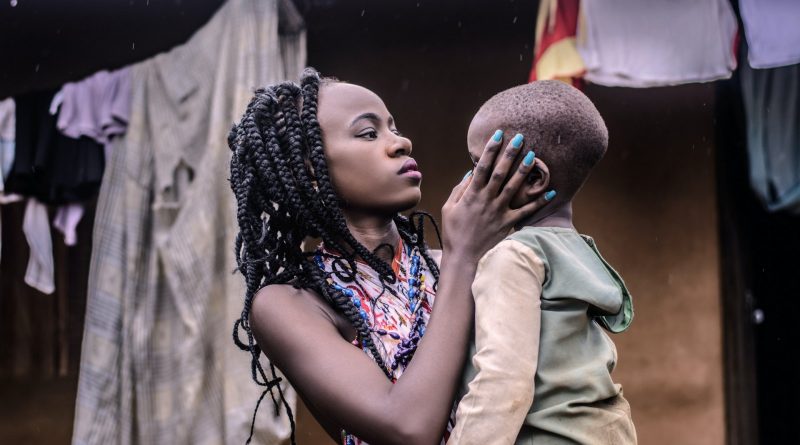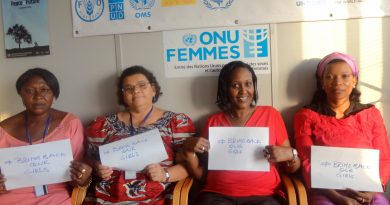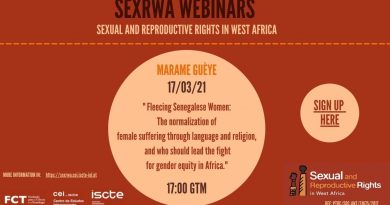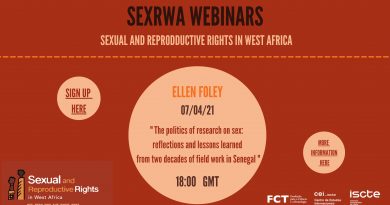#SEXRWA Webinar | Ellen Foley | The Politics of Research on Sex
On 7 April, the second Webinar under the #SEXRWA project took place, with Ellen Foley as a guest speaker.
Blanca Sell Fernández and Isaiete Jabula, Ma students and research assistants at the #SEXRWA research team, gave their point of view about the session “The Politics of Research on Sex: Reflections on Field Work in Senegal” lead by Dr. Ellen Foley”.
On the one hand, Blanca S. Fernández stated that “Dr. Foley took us alongside as she reflected on her findings and personal journey, in the more than two decades she has been researching and carrying out fieldwork in Senegal. As she shared with us her thoughts and experiences, as well as some memorable anecdotes from the women she encountered over the years, our speaker paid special attention to the main challenges regarding our understanding of gender, sexuality and sexual reproductive rights present in every scenario she described. Across a variety of ethnographic settings, both rural and urban, including multi-generational polygynous households, programs aimed at adolescent girls in the banlieues, support services for registered sex workers, as well as the promotion of modern contraceptive methods, Foley examined and explained how different negotiations of gendered rights take place in contemporary Senegal. Likewise, our lecturer also focused on the changing nature of gendered conflicts. At the same time, she questioned the production of anthropological knowledge on sexuality and reproduction.”
On the other hand, Isaiete Jubula paid also attention to some of the highlights about Folley’s presentation: “gender relations in polygamous families, adolescent and youth empowerment projects, sex workers’ dilemmas, and the challenges of LGBTQ+.” Adding that “through the analysis of case studies, she illustrated how gender politics is structured in Senegalese societies, whilst never forgetting women’s abilities in opposing and undermining male leadership. Women, especially the younger ones, are seen as being increasingly engaged in improving their statuses within the family and society. Furthermore, Foley stressed that to understand gender relations in the family, we have to consider the relations between wives, mothers, sisters-in-law, to better grasp how women mold their reproductive choices, sexuality, general health and well-being.
Read the full post here.
Do not miss the next webinar on 28 April, with Dr. Joanna Davidson on “Quietly Opting Out: Widows & Other Troublemakers in Rural Guinea-Bissau”.
The opinions expressed in this text represent the views only of the author and do not bind the Centre for International Studies, its management or any other researcher. Photo by Dazzle Jam via Pexels
![]() This work is licensed under a Creative Commons Attribution-NonCommercial-ShareAlike 4.0 International License.
This work is licensed under a Creative Commons Attribution-NonCommercial-ShareAlike 4.0 International License.




